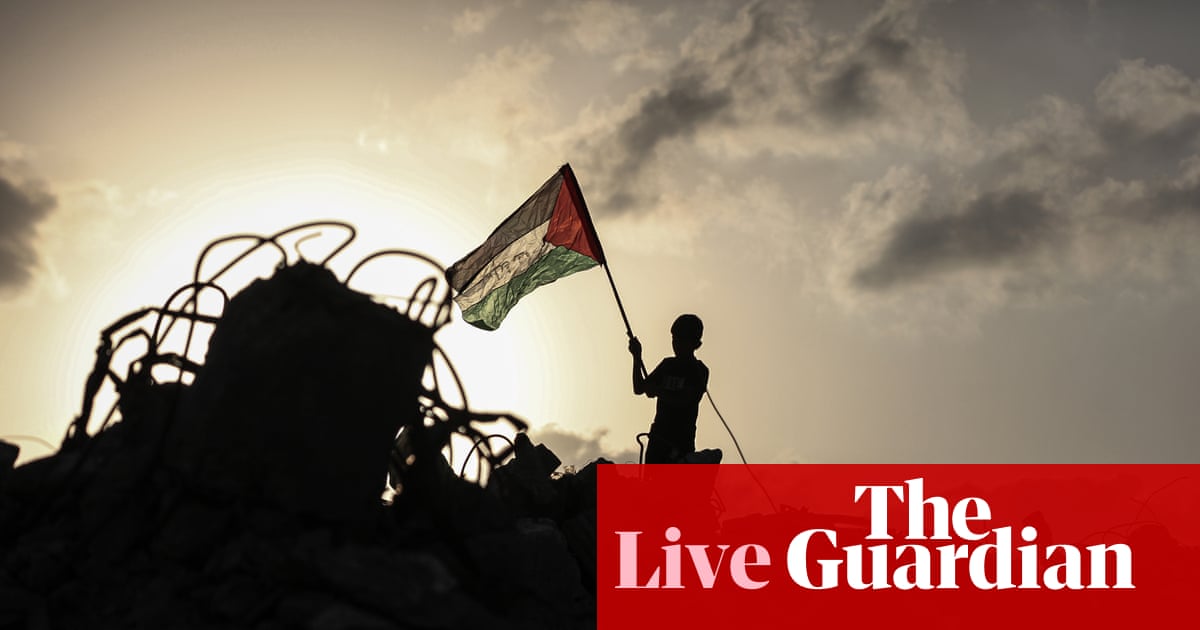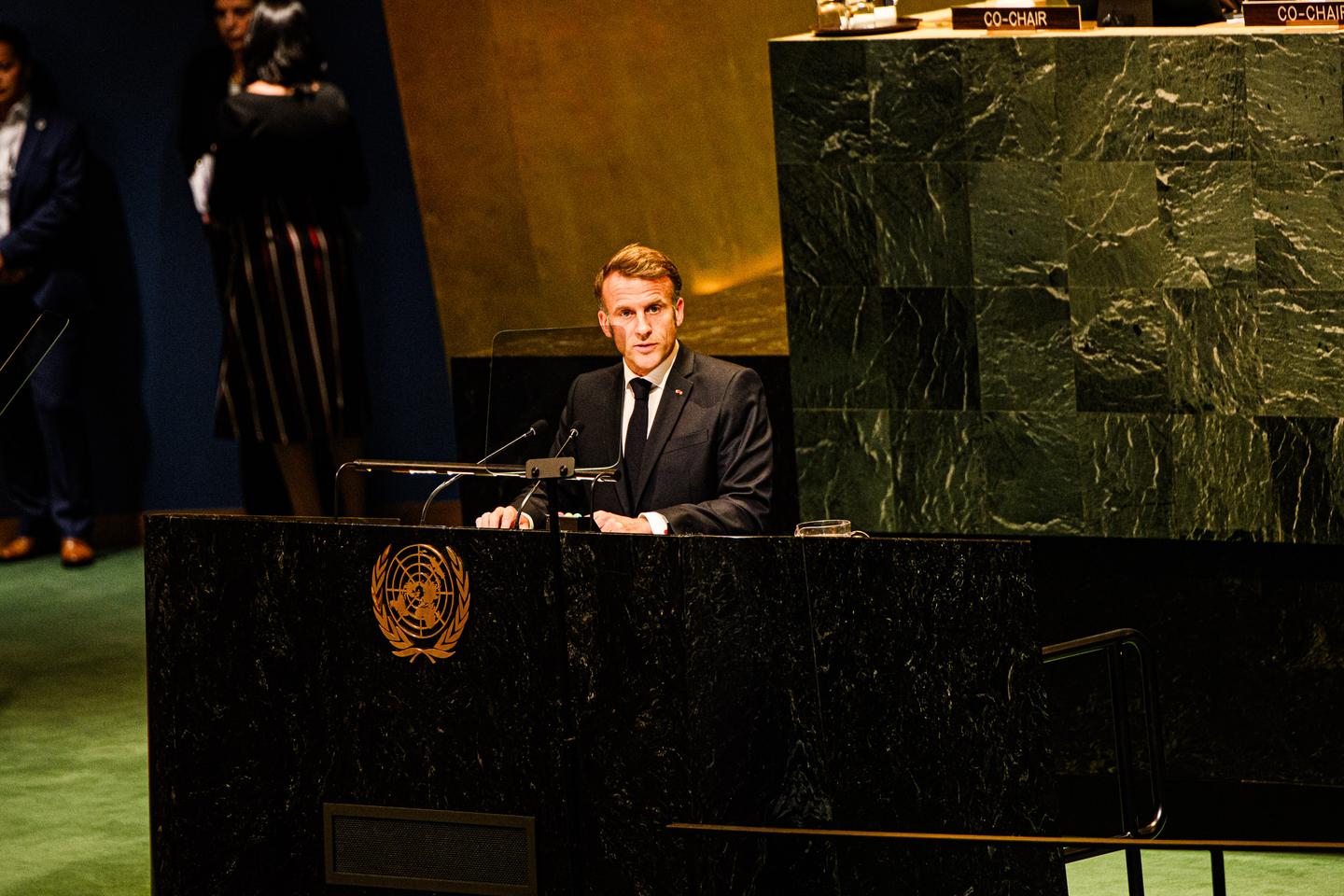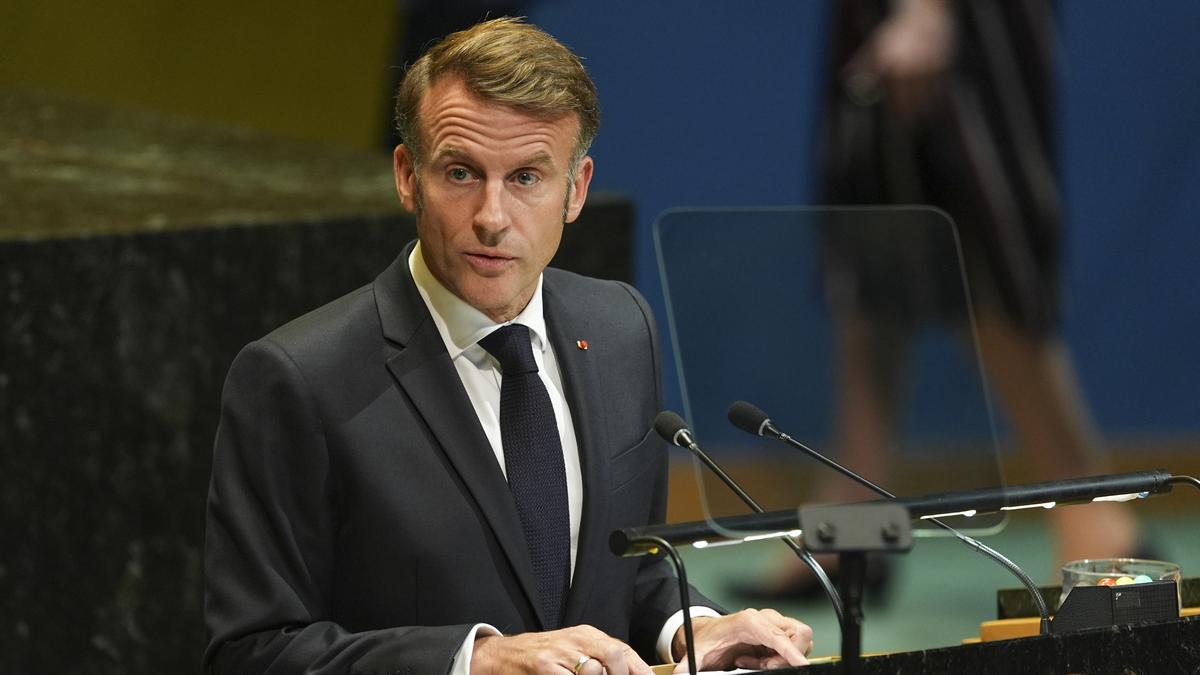Eli Sharabi: Former Hostage Speaks Out on Gaza Peace Plan and Continued Captivity
Eli Sharabi, a former Israeli hostage whose wife and daughters were killed in the October 7th attacks, has expressed deep concern regarding the stalled peace plan between Israel and Hamas. In a recent interview, Sharabi highlighted the dire situation of the remaining hostages in Gaza and urged for a swift resolution to the conflict.
Sharabi's Plea for the Remaining Hostages
Having spent 491 days in captivity, Sharabi knows firsthand the horrors faced by those still held by Hamas. He emphasized that the ongoing war places the lives of the remaining 20 hostages at grave risk. He revealed that Hamas still holds the body of his brother, Yossi, and his friend, Alon Ohel, further fueling his determination to secure their return and end the conflict.
Sharabi has become a vocal advocate for the hostages, meeting with world leaders, including former President Donald Trump. He has persistently campaigned for their release, urging those in power to "finish the job and help all the others to come back as well."
The Stalled Peace Plan and Hamas's Response
The proposed 20-point "Comprehensive Plan to End the Gaza Conflict," reportedly backed by former President Trump and Israeli Prime Minister Benjamin Netanyahu, calls for an immediate cessation of hostilities and the release of all hostages within 72 hours in exchange for the release of Palestinian prisoners held in Israel. However, Hamas officials have signaled their rejection of the plan, primarily due to the demand that Hamas disarm. This demand is particularly contentious without tangible progress toward a two-state solution. Despite the dim outlook, Sharabi expressed hope, stating, "We have to keep hope that there will be an agreement."
The Devastating Loss of Sharabi's Family
The October 7th attacks claimed the lives of approximately 1,200 people in Israel, with 251 others taken hostage. Upon his release, Sharabi discovered that his wife, Lianne, and daughters, Noiya and Yahel, were murdered after he was abducted. The funerals took place while he was still captive, unaware of their fate. The pain of this loss continues to motivate his campaign for the remaining hostages.
"I understood it's the moment I've probably been kidnapped. So, I just turned my head towards my girls and shouted 'I'll be back' - and that was the last time I saw them."
Sharabi's Captivity and Resilience
Sharabi described the horrific conditions he endured during his 16 months in captivity, including being tied up, beaten, and starved. He lost over 25kg and faced constant humiliation and deprivation. Despite the ordeal, he maintained a strong will to survive, driven by his promise to return to his family.
Since his release, Sharabi has demonstrated remarkable resilience. He has written a book titled "Hostage" to share his story and raise awareness about the plight of those still held captive. He finds strength in remembering his family and honoring their memory by living his life to the fullest.
"It was very tough, but I really, really love life… I'm trying to be positive. I'm working on that."
The Broader Context of the Israel-Gaza Conflict
Since the October 7th attacks, the Israeli military campaign in Gaza has resulted in the deaths of over 66,000 people, the majority of whom were civilians. Vast areas of the territory have been destroyed, and most of the 2.3 million residents have been displaced multiple times. International organizations, including the United Nations, have expressed grave concerns about the situation and have described the situation as genocide.
| Key Figure | Role/Significance |
|---|---|
| Eli Sharabi | Former Israeli hostage, advocate for hostage release |
| Donald Trump | Former U.S. President, involved in peace plan proposals |
| Benjamin Netanyahu | Israeli Prime Minister, involved in peace plan proposals |
| Hamas | Palestinian militant group, holding hostages in Gaza |
The ongoing conflict continues to inflict immense suffering on both Israelis and Palestinians, highlighting the urgent need for a lasting peace agreement that addresses the needs and concerns of all parties involved.
 Visit the website
Visit the website







